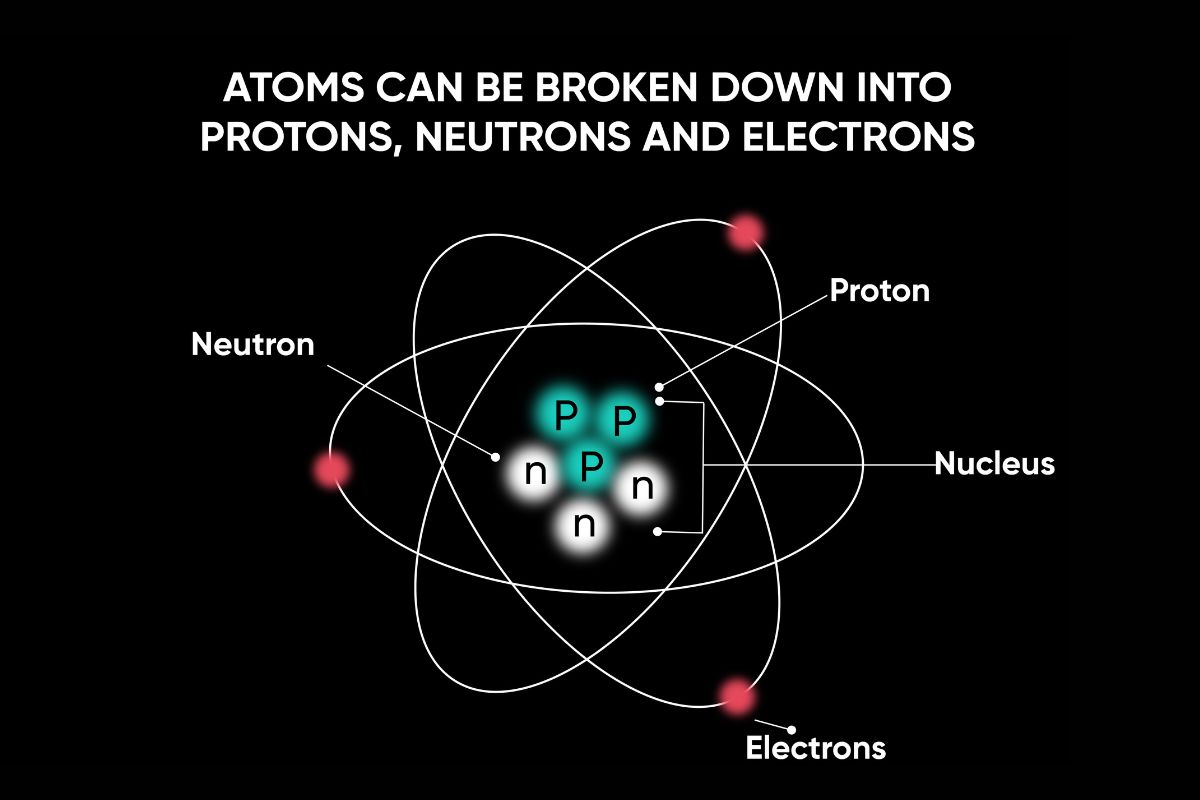
Dalton's atomic theory revolutionized how we understand matter. John Dalton, an English chemist, proposed this theory in the early 19th century. But what exactly does it entail? Dalton's atomic theory suggests that all matter is composed of tiny, indivisible particles called atoms. These atoms of a given element are identical in mass and properties but differ from those of other elements. Atoms combine in simple, whole-number ratios to form compounds. Chemical reactions involve the rearrangement of these atoms, not their creation or destruction. This theory laid the groundwork for modern chemistry and continues to influence scientific thought today. Ready to dive deeper? Here are 27 fascinating facts about Dalton's atomic theory.
Dalton's Atomic Theory: A Revolutionary Concept
John Dalton, an English chemist, introduced a groundbreaking theory in the early 19th century. His atomic theory laid the foundation for modern chemistry. Here are some fascinating facts about Dalton's atomic theory.
-
Dalton proposed that all matter is made up of tiny, indivisible particles called atoms.
-
He believed atoms of a given element are identical in mass and properties.
-
Dalton suggested that atoms cannot be created or destroyed in chemical reactions.
-
He theorized that compounds are formed by the combination of atoms of different elements in fixed ratios.
-
Dalton's theory explained the law of conservation of mass, which states that mass is neither created nor destroyed in a chemical reaction.
The Impact of Dalton's Theory on Chemistry
Dalton's atomic theory had a profound impact on the field of chemistry. It provided a new way to understand chemical reactions and the nature of matter.
-
Dalton's theory helped explain the law of definite proportions, which states that a chemical compound always contains the same elements in the same proportions by mass.
-
It also supported the law of multiple proportions, which states that when two elements form more than one compound, the ratios of the masses of the second element that combine with a fixed mass of the first element are simple whole numbers.
-
Dalton's theory paved the way for the development of the periodic table by Dmitri Mendeleev.
-
It provided a framework for understanding chemical bonding and molecular structure.
-
Dalton's work influenced future scientists, including J.J. Thomson, who discovered the electron.
Key Concepts and Principles of Dalton's Atomic Theory
Dalton's atomic theory introduced several key concepts and principles that are still relevant in modern chemistry.
-
Dalton proposed that atoms of different elements have different masses and properties.
-
He suggested that chemical reactions involve the rearrangement of atoms, not their creation or destruction.
-
Dalton's theory introduced the idea of atomic weights, which are now known as atomic masses.
-
He believed that atoms of different elements can combine in simple whole-number ratios to form compounds.
-
Dalton's theory explained why elements combine in specific proportions to form compounds.
Limitations and Modifications of Dalton's Theory
While Dalton's atomic theory was revolutionary, it had some limitations and has been modified over time.
-
Dalton's theory did not account for the existence of isotopes, which are atoms of the same element with different masses.
-
He believed that atoms were indivisible, but later discoveries showed that atoms are made up of subatomic particles (protons, neutrons, and electrons).
-
Dalton's theory did not explain the nature of chemical bonds or the forces that hold atoms together in compounds.
-
The discovery of the electron by J.J. Thomson and the nucleus by Ernest Rutherford led to the development of the modern atomic model.
-
Despite its limitations, Dalton's theory provided a solid foundation for the development of modern chemistry.
Fun Facts About Dalton and His Work
John Dalton was not only a brilliant chemist but also a fascinating individual with a unique background.
-
Dalton was colorblind, a condition now known as Daltonism in his honor.
-
He began his career as a teacher and later became a lecturer in Manchester.
-
Dalton's interest in meteorology led him to study the properties of gases, which eventually contributed to his atomic theory.
-
He published his atomic theory in a book titled "A New System of Chemical Philosophy" in 1808.
-
Dalton's work earned him numerous accolades, including membership in the Royal Society.
-
He continued to conduct experiments and refine his theories until his death in 1844.
-
Dalton's atomic theory remains a cornerstone of modern chemistry, influencing countless scientific advancements.
The Last Word on Dalton's Atomic Theory
Dalton's atomic theory changed how we understand matter. It laid the groundwork for modern chemistry. Atoms are the building blocks of everything around us. Dalton's ideas about elements and compounds still hold true today. His theory explained why chemical reactions happen in fixed ratios. It also helped scientists predict how substances would react with each other. Even though some details have been updated, the core concepts remain solid. Dalton's work showed that science is always evolving. His theory opened doors for future discoveries. Understanding these basics helps us appreciate the complexity of the world. So next time you think about atoms, remember Dalton's groundbreaking work. It’s a reminder that even simple ideas can have a huge impact.
Was this page helpful?
Our commitment to delivering trustworthy and engaging content is at the heart of what we do. Each fact on our site is contributed by real users like you, bringing a wealth of diverse insights and information. To ensure the highest standards of accuracy and reliability, our dedicated editors meticulously review each submission. This process guarantees that the facts we share are not only fascinating but also credible. Trust in our commitment to quality and authenticity as you explore and learn with us.
